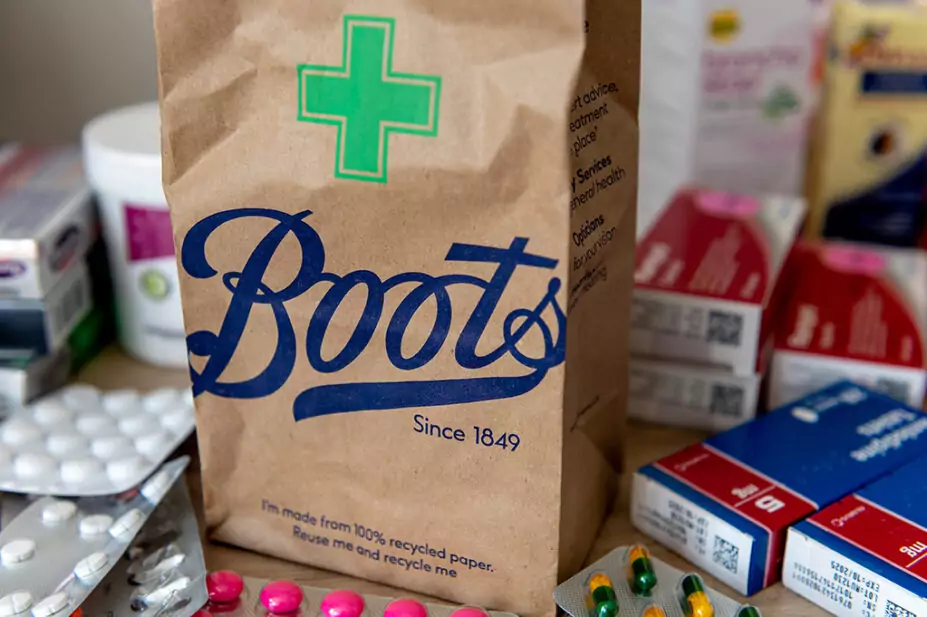
Shutterstock.com
Boots’ parent company Walgreens Boots Alliance (WBA) has announced that 300 Boots pharmacies will close over the next year, as part of plans to save US$800m.
The plans form part of the company’s ‘Transformational Cost Management Program’, which was first announced in 2019, when WBA said it planned to close 200 Boots stores, representing 8% of its stores at the time.
The Pharmaceutical Journal exclusively revealed in January 2022 that nearly all of these 200 pharmacies had closed.
However, on 27 June 2023, James Kehoe, executive vice president and global chief financial officer at WBA, announced during a presentation to investors on the company’s financial results for the quarter ending 31 May 2023 that a further 300 Boots UK pharmacies will close as part of the cost-cutting programme.
“We are raising the cumulative 2024 savings target to US$4.1bn and this is the sixth targeted increase since the [Transformational Cost Management Program] began.
“With US$3.3bn saved by the end of this year, we are projecting at least US$800m of savings in 2024,” he said.
Included in the “cost-saving initiatives” are plans to “continue to optimise our locations and opening hours, and expect to close an additional 300 locations in the UK and 150 locations in the United States,” he continued.
Overall, WGA’s quarterly financial report said pharmacy sales for Boots UK had “increased 5.7%” compared with the same quarter in 2022.
Pharmacy closures have already been announced by LloydsPharmacy, Asda and Tesco in 2023, which are expected to displace nearly 1 million prescriptions each month on to surrounding pharmacies.
As of 13 June 2023, all 237 of LloydsPharmacy branches in Sainsbury’s supermarkets have closed, which Community Pharmacy England (CPE) described as “deeply worrying”.
Janet Morrison, chief executive of CPE, said the announcement of the Boots closures was “no surprise”.
“This trend is reflective of the very difficult current trading conditions within community pharmacy. While consolidations can make a difference across large networks, smaller and medium-sized businesses are having to look at other options in the struggle to make ends meet: running a community pharmacy remains, for most, a battle for survival,” she said.
“Government and the NHS must take action to reverse the damage that their historic funding cuts are causing.”
Leyla Hannbeck, chief executive of the Association of Independent Multiple Pharmacies, said: “If a big multiple like Boots is struggling, then you can imagine what independents are going through. We have seen nearly 1,000 pharmacies close their doors for good since 2015 as a result of underinvestment in the sector.
“This impacts on patient access to care, but those in positions of power seem unfazed by this. The NHS decision makers talk about the importance of patient care … if patient care is important to them, why are they allowing the demise of a loved sector that is a key player in primary care, with a track record of delivering great, accessible patient care? If no action is taken to address the current shortfall in pharmacy funding, more pharmacies will be forced to close their doors for good.”


